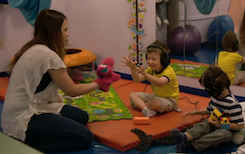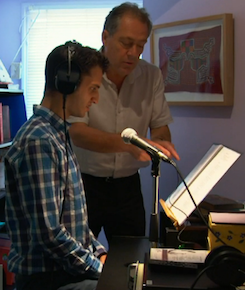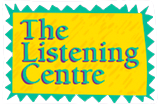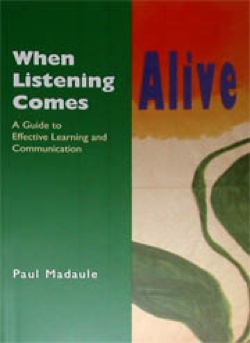Who Can We Help?
While very different at the surface all the described areas of concern itemized in this section share the same root cause: weak or poorly developed listening skills.
The applications of the Listening Training program for children and for adults have been classified into general categories for the sake of clarification. However most of those who seek help do not come with just one issue or one diagnosis, but with a constellation of them. For example, one child may be diagnosed with ADHD, Learning Disability, Auditory Processing Disorder and social adjustment issues. He or she may be described by his parents as one who “daydreams, who is easily distractible, who doesn’t finish his work on time, who is fidgety on his chair, who chats with others and who doesn’t show interest in the topic presented”. He or she might “misinterpret questions, need repetition, have a hard time with multiple instructions, have hesitant speech, tend to procrastinate, have poor reading skills and writing skills…”
Likewise, improved listening is not specific to one area of concern. With the above described child, the improvements may show as “better focus, increased attention and concentration, less daydreaming, more interest, less chatting, better understanding and follow-though on instruction, homework done with no need for constant reminders”. These benefits also show better reading skills, greater self-confidence, and stronger social skills.

Children
The Listening Centre provides services for people of all ages starting at 2 years old.
Children come to the Centre for difficulties they experience at school and in social settings due to language and learning difficulties, attentional deficits, communication disorders or various types of development delays.

Adults
Adults seek our services when past difficulty affecting their achievement at school still lingers on and continues to interfere with their performance at work and daily life. Listening training programs are helpful for artist in the performing arts, such as singers and musicians. The program also facilitates the acquisition of foreign languages. In some situations, individuals who suffer a traumatic head injury as the result of concussion or stroke can also benefit. The sound stimulation acts as a catalyst for personal growth and self-discovery.
 Skip Navigation
Skip Navigation
